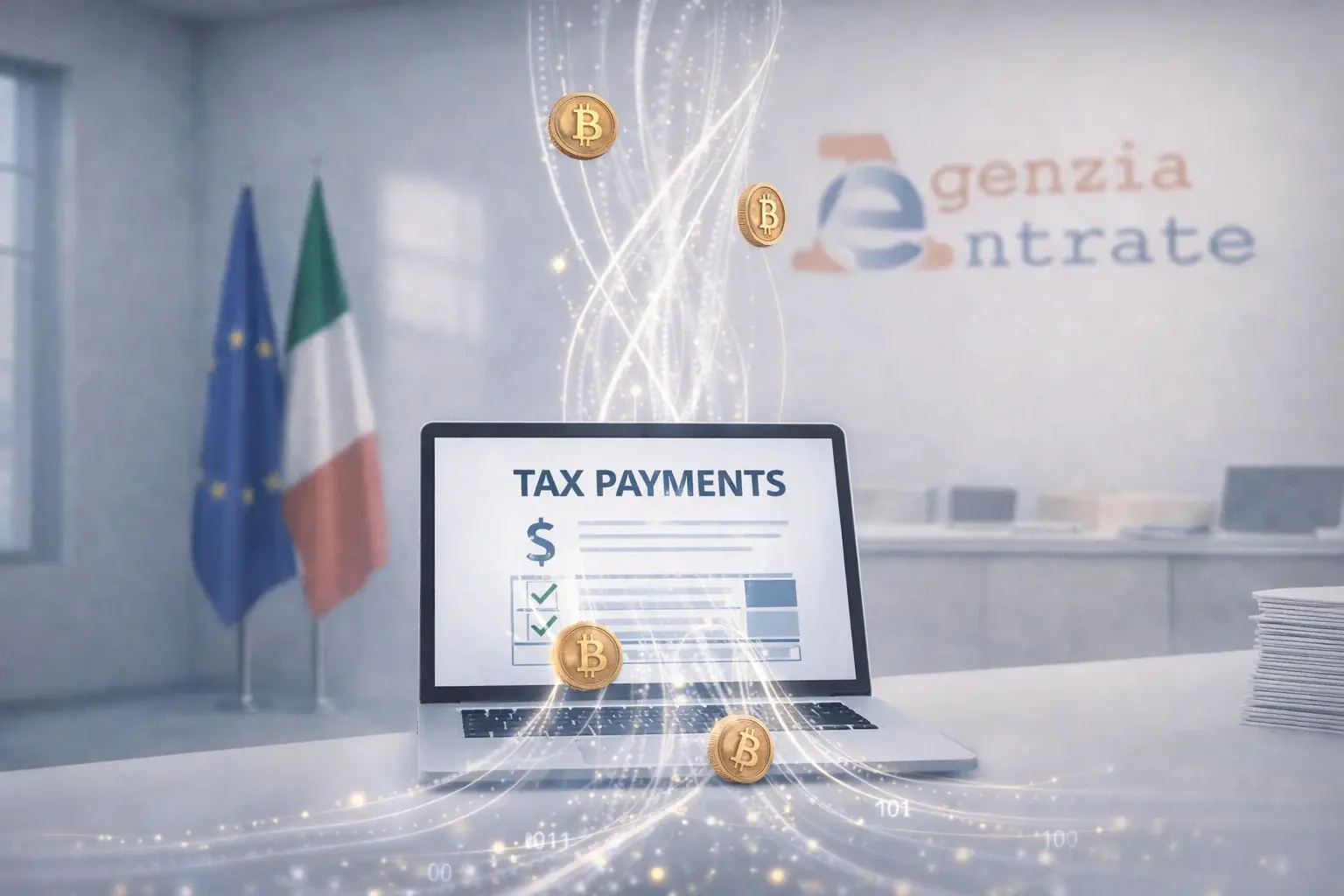The Russian Federation has announced the registration of cryptocurrency mining equipment.
The government has made registration mandatory for all types of operations.
According to a report by TASS published on 3 February 2025, Yevgeny Grabchak, Deputy Minister of Energy, will lead the implementation of a new national register for cryptocurrency mining. This project aims to strengthen regulation of the sector and improve controls to counter illegal mining, which is particularly prevalent in regions where this activity is banned or severely restricted.
Objective of registry for cryptocurrency mining
The establishment of a compulsory registry will allow clear guidelines for miners to be established, enabling them to operate in compliance with government regulations. In addition, the authorities are working to close legislative loopholes that have so far encouraged the proliferation of unregistered operations.
In the official statement, the Russian government said:
"It is essential to adapt the 'On Mining' law to the current situation. Based on practical experience, clearer criteria need to be formulated to distinguish activities specifically related to the production of digital currency."
The Problem of Illegal Mining in Russia
Despite previous government bans, illegal mining in Russia is at an all-time high. The chairman of the State Duma Energy Committee, Nikolai Shulginov, pointed out that government-imposed restrictions in many regions have failed to completely eliminate unauthorised activity.
New Tax Rules for Miners
In addition to regulatory measures, the Russian government has introduced new tax rules for cryptocurrency miners. The updated system of the FNS (Federal Taxation Service) now allows miners to report their earnings online.
According to the FNS:
"A new feature has been added to the personal accounts of taxpayers. Thanks to this online service, users can now send information about their digital currency income directly to the tax authority."
TASS also specified that anyone who has an electronic signature will be able to access the system and declare their profits from mining. The new framework provides specific tax forms for businesses, entrepreneurs and individuals.
Taxation of Mining and Cryptocurrencies in Russia
According to the new Russian legislation, digital assets such as NFTs are considered taxable assets. However, cryptocurrency transactions are excluded from this regulatory framework. Profits from mining and trading of cryptocurrencies will be subject to a 15% tax.
Russia Pushes for Integration of Cryptocurrencies into the Economy
These regulatory measures are part of Russia's broader strategy to integrate cryptocurrencies into the financial sector. The introduction of clear regulations has encouraged both businesses and private investors to focus on Bitcoin mining and use altcoins such as Bitcoin and Ethereum for their transactions.









